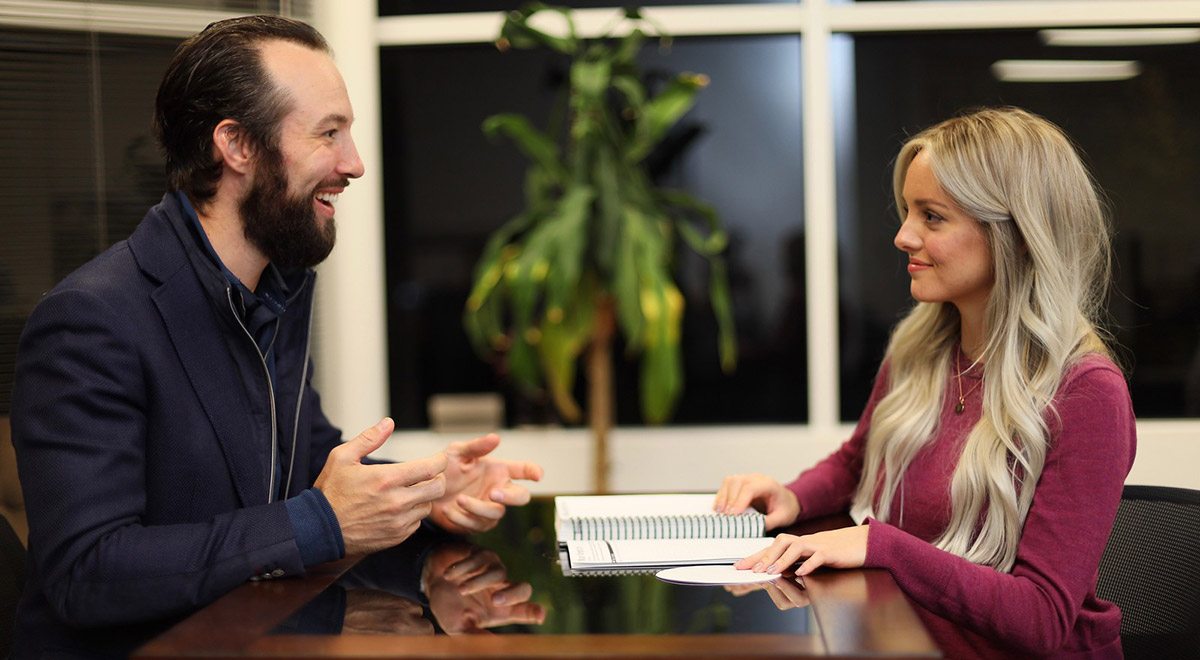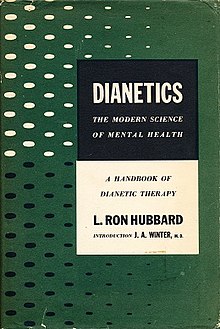About Dianetics
Table of Contents10 Simple Techniques For DianeticsDianetics Can Be Fun For AnyoneThe smart Trick of Dianetics That Nobody is Talking AboutThe 15-Second Trick For Dianetics
I could not ever before not wish to obtain anything that comes to mind for you- if it was otherwise, I wouldn't be sitting below with you, doing this. I not only might never have an issue, or otherwise intend to hear something that comes to mind for you, however I'm entirely excited to know every idea, every thought, every photo or sensation that arises or manifests for you- don't ever believe or else, and if somehow you do, please simply let me understand! In some cases, you might have a thought, and photo, idea or event appear that does not seem to answer the inquiry, or associate with it, however however, constantly do inform me regarding it, and as we proceed, the relevance will certainly arise for you.This is fundamental in the basis of handling, and the subject of this discussion: the fundamental functions of the therapist and the client: The standard role of the counselor is, unlike "conventional training", not to regulate, which means to enforce and/or inhibit, but to instead function from the basis of EMPOWERING THE CLIENT.

The 9-Second Trick For Dianetics
John Mcmasters revealed this basic truth splendidly well in among his talks on Power handling, in which he describes exactly how he was asked what this "unique flair" was that he had for providing such great sessions; he had to assume regarding that for a minute, and identified that it was what he had not been doing, as well as what he was doing: he wasn't evaluating, judging, computing, or in truth, creating any thoughts, let alone spoken expressions, after providing the command and while waiting on the computer to finish their response to their satisfaction; he was, just and only, existing with the PC, and totally interested.
The function of the counselor, showed; that was his "unique propensity". I have actually had my own experience which instructed me this well, extremely early on in the game. In 1982, having actually lately finished my training and teaching fellowship on New Period Dianetics, I was running this on a COMPUTER, and there was a factor in the session where (being a little bit wet behind the ears not yet having numerous hours under my belt as a specialist auditor) the PC seemed to be "taking as well lengthy" to reveal anything vocally after I provided him a command.
This secret transformed out to be one of the most important contribution that John ever made to the subject of therapy or bookkeeping (Dianetics). In my simple point of view, it is the best contribution that anybody has actually ever before made to these subjectsthe application is entirely non-judgemental, non-evaluative, and without any type of pointer, suggestions or opinion.no preconditioned agenda for people, or click here for more info 'degrees' that they need to do
In Scientology we prided ourselves on not evaluating for individuals. All that truly suggested was that the auditor did not VERBALLY assess for the Computer in session.
Fascination About Dianetics

Any person that had actually ever seen John audit could not help yet notice a special quality in his bookkeeping."The customer's basic duty is to be there with the objective of relocating in the instructions of their spiritual goals, and to openly and completely reveal and experience whatever shows up for them in answering the concerns and implementing the directions in the handling.
This is something to process as needed. Also, people often have previous experience and/or brainwashing in auditing/processing which, in some methods, and to some degrees, actually misleads them right into mindsets, concepts and behavior patterns that prevent the full awareness of these functions, and so they will often tend to inhibit the expressing of what comes to mind, as in the examples given above - Dianetics. * The very first, and maybe foremost instances of mis-indoctrination bring about much less than completely smooth and reliable sessions, can be located in particular facets of the training routines, or "TR's":"TR's" are typically a person's very first, or at the very least early, go now experience in Scientology, and while I will take place to discuss what I view as the flaws in concept and practice, however, often tend to be greatly healing, done as they are provided (Hubbard firmly insists that "TR's are not processing, they are training", but factually, they are both handling AND training)
There is no "flunking", and no denial of the reality of this being processing. The emphasis, as it must be, is on experiencing the other person's existence.
4 Simple Techniques For Dianetics
